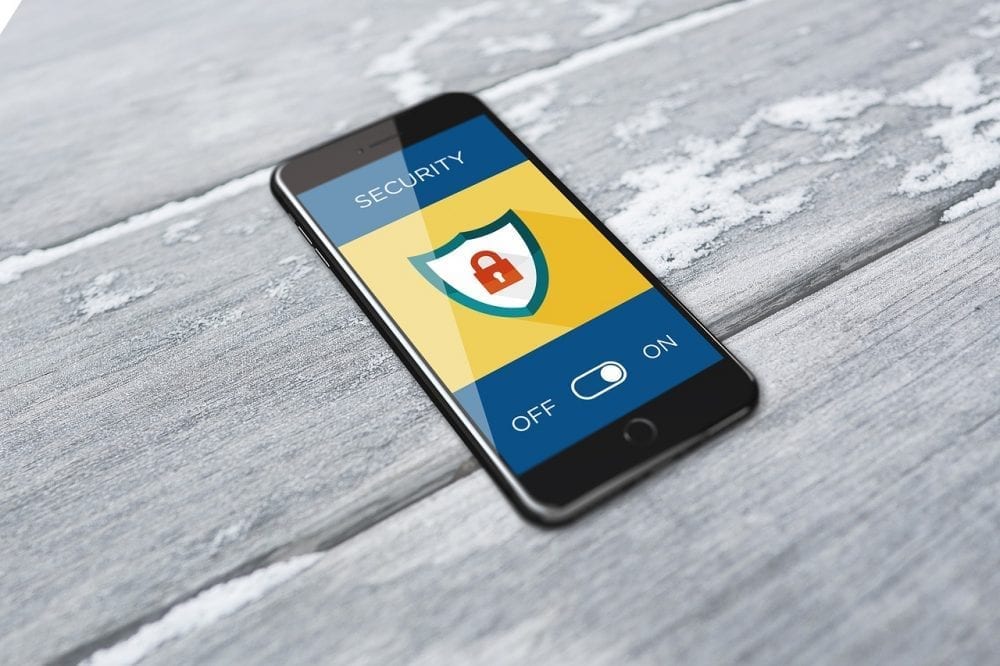All over the world, online shopping has grown exponentially and more growth is forecasted for the coming years. Businesses, big and small, have responded by increasing their online presence. However, in the past 12 months, this online presence has been limited to social media and online directories. Small businesses are quickly shutting down their websites and a large percentage does not intend to launch a website this year amid fears of hacking. This is according to the 2017 SensiseBusinessReport.
A very small percentage of SMEs bounce back after a cyber-attack so this fear by business owners is justified. Nonetheless, fear of being hacked should not keep you from hosting an ecommerce store. Instead of being afraid, you should exercise caution. SSL encryption is the way to go.
How does an SSL certificate work?
Secure Socket Layer (SSL) encryption provides a secure connection between a browser and a website. An SSL certificate installed on the website encrypts and decrypts information as it is being transmitted between the browser and the website servers. This keeps sensitive data like a customer’s credit card information from being stolen by hackers. Certificate Authorities (CAs) issue SSL certificates. While there are many of these entities, you should only acquire a certificate from a reputed and recognized CA.
EV SSL Certificate (Extended validation type) delivers the highest level of SSL protection. Webpages with an authorized EV SSL certificate display a lock symbol and a green address bar with a URL beginning with https:// instead of http://.
If you have a limited budget, which is typical of small businesses, you can acquire a Domain Validation certificate or an Organization Validation certificate.
Why does your ecommerce business need an SSL Certificate?
You must have heard of SSL certificate and dismissed it as a luxury for bigger ecommerce businesses. This can prove to be a very costly assumption. Every ecommerce site, big and small, needs SSL. If you are planning to launch your ecommerce store, acquiring an SSL certificate should not be an afterthought. You should not launch your site before installing a valid SSL certificate. Here is why:
Provide information security
Cyber-attacks have become all too common ranging from identity theft to phishing frauds.As such, E-entrepreneurs cannot afford to be lax about their site security. A breach can have very severe consequences including data loss, loss of money, loss of customer trust, loss of business and legal penalties.
An ecommerce website handles very sensitive customer information including usernames, passwords, customers’ contact information and their credit card details. By and large, hackers want to steal this information. It is the responsibility of the merchant to secure it with the guidance of Payment Card Industry – Data Security Standards (PCI-DSS). An SSL certificate is a key requirement of PCI-DSS compliance.
As stated earlier, SSL certificates ensure that all information is transmitted safely between a browser and your ecommerce site without being subject to forgery, eavesdropping or any other form of hacker tampering. If a hacker manages to intercept SSL encrypted information, he/she is unable to read due to the lack of an encryption key.
Institute customer trust in your ecommerce business
In as much as the winds of change are blowing towards the direction of online shopping, many shoppers are still wary of the dangers of online shopping. It is not so easy to give your credit card information to an overseas trader you just met online in the hope they will not steal your money or information. You need to be able to trust the merchant first.
Customers find comfort in dealing with big ecommerce intermediaries like Amazon because of their reputation. To enjoy the trust of potential online shoppers, you have to earn it. Using an SSL certificate is the first step to achieving this.
SSL certificates provide customers a way to verify the validity and credibility of an ecommerce business. They can see the green padlock and address bar if your site has EV SSL Certificate and their browsers are able to detect if a trusted CA has verified your site.
When a customer wants to visit your ecommerce site, his/her browser requests an https connection to your site. The browser retrieves your site’s SSL certificate and checks its validity, if it is chained to a root and if it is being used by the website that the CA has issued the certificate to. If your SSL certificate fails any of these checks, the browser displays a warning to the user cautioning that your site is not secure.
It is a search engine ranking signal
In an attempt to make sure that the websites that users access through Google are secure, Google made HTTPS encryption a ranking signal. This means that if your ecommerce site does not have an SSL certificate, all your competitors who have it will outrank you. Google even went a step further to make sure that Google Chrome brands sites without SSL certificates as unsecure and bocks users from accessing them.
Additionally, if you want to run shopping Ads on Google or Bing, your website checkout process must be secured with an SSL certificate. These ads can play an important role in generating business for your ecommerce business.
Comply with regulations
The Security standards council and many governments have made it mandatory for all ecommerce websites to have all customer information requested for and accessed to through secured encryption only. Failure to comply can attract serious fines. This regulation should dispel any illusion that SSL encryption is optional for e-entrepreneurs.
Conclusion
Basically, every ecommerce merchant needs an SSL certificate to secure their website, protect their customers’ information, comply with regulations and rank competitively on search engines. It is a worthwhile investmentand any website looking to use the internet in a profitable way can access it.
Adding an SSL certificate to your website does not require any in-depth technical knowledge. You only need to identify the kind of certificate you need, single, multi-domain or wildcard, and acquire it from a reputable certificate authority. The CA should provide installation instructions to guide you. To get the best out of SSL, it is recommended that you get an EV SSL Certificate with 2048-bit encryption





